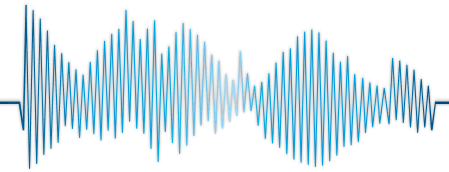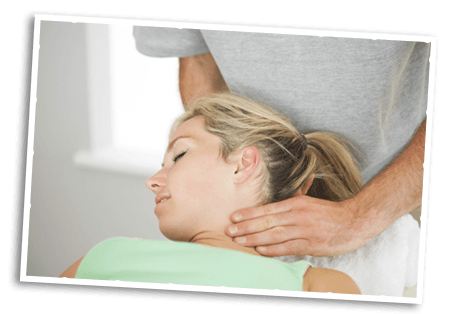You’re Not Alone
If you’re suffering from the buzzing or hissing sounds of tinnitus, you’re not alone – an estimated 1 in 5 people are suffering alongside you.

It’s More Than Just Your Ears
In addition to affecting your hearing and concentration, the constant ringing in the ears can also affect your life in other ways — depression, fatigue, stress, and anxiety are all common among tinnitus sufferers, as well as a statistically lower overall quality of life.
Take Control
Tinnitus can have many causes, and it can be difficult to pinpoint which one is responsible for your tinnitus. Luckily, in many cases tinnitus can now be traced to underlying problems with the mouth and jaw — in these cases, chronic tinnitus symptoms can actually be completely and permanently resolved.

The Sounds of Tinnitus
- Tinnitus can manifest as any tone of hissing, buzzing, clicking, or ringing in the ears, from a low volume up to a level that makes it difficult to hear other sounds.
- In most cases this sound is not “real,” but rather a result of an underlying problem that makes your brain believe that it is receiving stimulus from the auditory nerve.

There is No Single Trigger
Tinnitus can have several different causes — overexposure to loud noise, earwax buildup, hearing loss due to age, or even medication side effects.

It Might Be Your Jaw’s Fault
- The human jaw can generate over 260 pounds of force at the molars, and unless this pressure is perfectly balanced it can throw the delicate balance of the jaw’s muscles, tendons, nerves, and ligaments into disarray.
- The temporomandibular joint (TMJ) is where your jaw connects to the side of your head, right in front of the ears. It one of the most complicated joints in the body and has a specialized structure and tissue makeup, and any disruption of its balance can result in symptoms like tinnitus.
Minimize the Noise
- White noise machines can help cover the sounds of tinnitus at night, and masking devices worn in the ear during the day can produce a similar low noise to cover up your tinnitus symptoms.
- In some cases medication such as tricyclic antidepressants or alprazolam might suppress symptoms, but these have significant side effects and can become habit-forming.

Get Your Life Back
Finding And Treating The Underlying Cause
- Bite Force Analysis — this TruDenta technology is able to analyze and display the different forces at play in your mouth and jaw, right down to how much pressure is exerted by each individual tooth.
- Range of Motion Analysis — TruDenta’s ROM system measures any abnormal or restricted movement in your head and neck in order to narrow down potential causes and create a specialized treatment plan.

TruDenta Treatment System
- TruDenta’s different technologies work together to reduce pain and inflammation from the very first session, with the end goal of creating a complete and lasting resolution of symptoms.
- No injections and no medications means no unpleasant side effects.
- The whole-body approach combines state of the art ultrasound, cold laser, microcurrent, and trigger point manipulation techniques.


 © 2026 - NATIONAL DENTAL SYSTEMS, INC. | 430 NORTH MAIN ST. SALEM, UT 84653 | CALL US TOLL-FREE 855-770-4002
© 2026 - NATIONAL DENTAL SYSTEMS, INC. | 430 NORTH MAIN ST. SALEM, UT 84653 | CALL US TOLL-FREE 855-770-4002